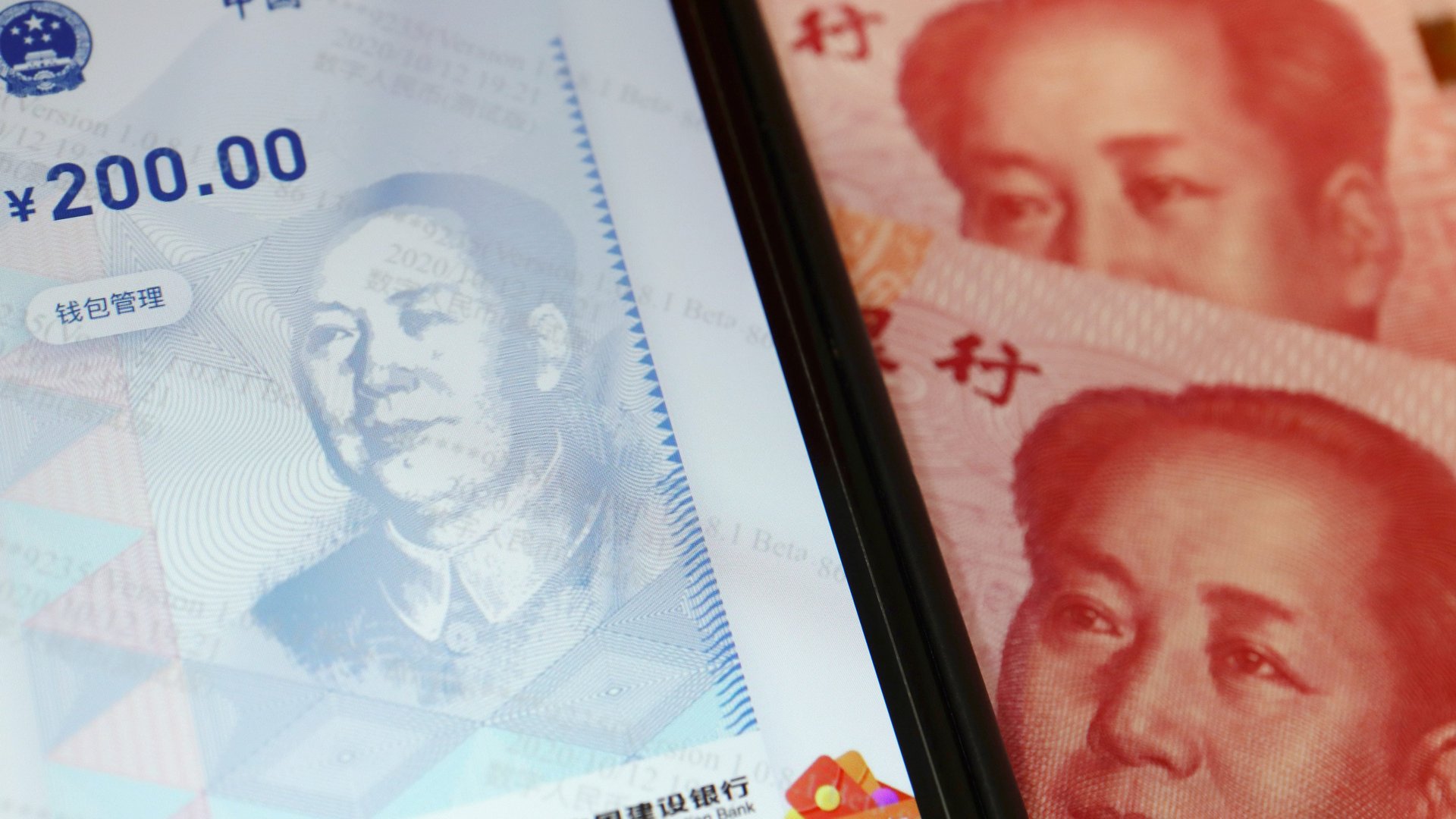China’s digital yuan app is getting ready for the Beijing Winter Olympics
China has been leading the race to develop a sovereign digital currency, with its digital yuan reaching tens of millions of users since it started mass testing in late 2019. Previously available for download by invitation, the digital yuan app is now available (link in Chinese) on Apple and Android app stores—but only for some users.


China has been leading the race to develop a sovereign digital currency, with its digital yuan reaching tens of millions of users since it started mass testing in late 2019. Previously available for download by invitation, the digital yuan app is now available (link in Chinese) on Apple and Android app stores—but only for some users.
When Quartz downloaded the iOS version of the app, which is still in its pilot stage, we found that it currently only opens for registration for residents in “selected pilot” cities, which includes metropolises like Shenzhen and Shanghai, as well as “Beijing Winter Olympic scenes,” which covers the capital Beijing and its neighboring city, Zhangjiakou.
Developed by the Digital Currency Institute of the People’s Bank of China, the country’s central bank, the app previously was only available through links sent by local governments, or through QR codes (Chinese) sent by banks that had approved a user’s request to use the app. As of November, the central banks said around 140 million Chinese citizens have opened digital yuan wallets.
The Winter Olympics offers a glimpse of the digital yuan
While the official launch date of the currency is yet to be announced, Beijing seems to be focusing on ensuring the release and use of the digital yuan at the Beijing Winter Olympics in February, which will be the first chance for the outside world to have a glimpse of the virtual currency. Foreign visitors will be able to use the digital yuan to pay for things like accommodation and transportation within major venues at the Games, according to the government. The Games will also feature ATM machines that can convert foreign currencies, including US dollars, into virtual Chinese money, which will be carried in a digital yuan card (Chinese).
It’s likely to be an uphill battle for Beijing to persuade users, especially those overseas, to use the virtual money. In addition to worries about the government’s potential surveillance of users, Beijing will also have to offer tangible benefits for users to give up the convenience of using “everything apps” like Alipay, which already allow people to do a wide range of things such as pay electricity bills and hail a taxi, say observers.
The diplomatic boycotts of the Games by countries including the US due to Beijing’s alleged human rights abuses in Xinjiang could also overshadow the rollout of the currency.